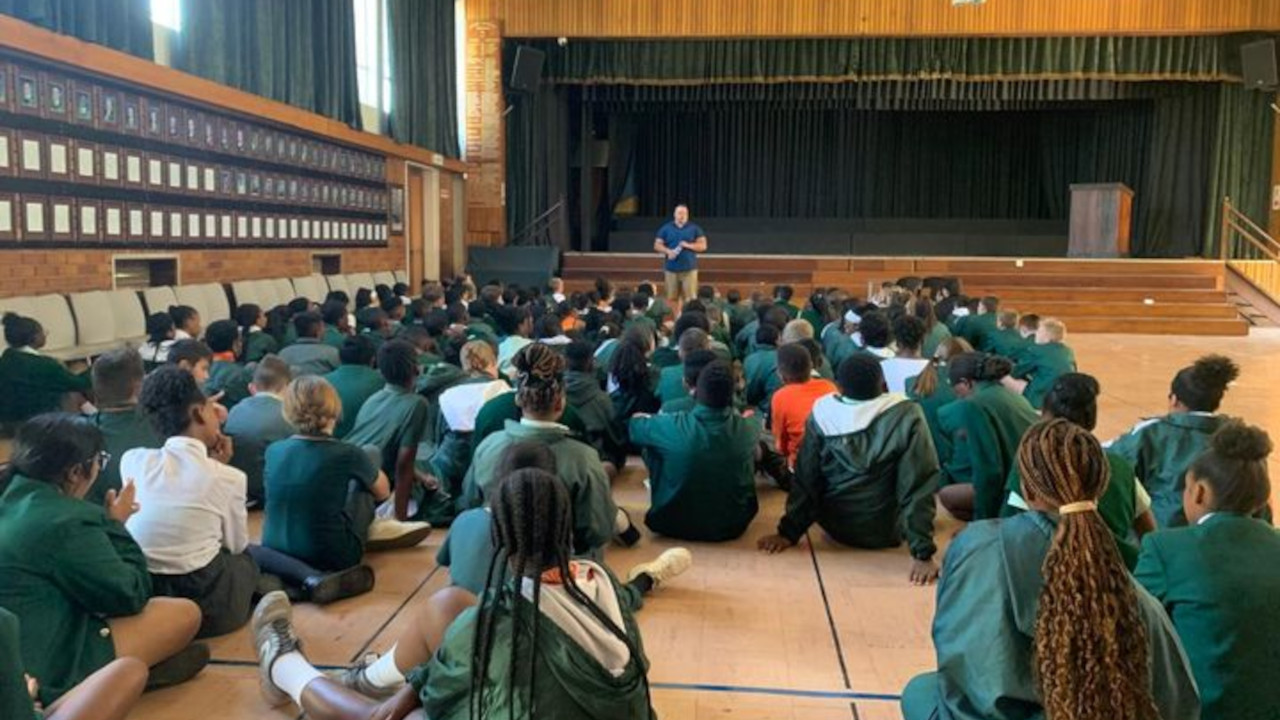News
Parents Urged To Monitor Kids on Social Media, Mzansi Concerned About Online Safety

Recent social media news has revealed that the average South African child spends nine hours a day playing games and using social media apps on their cellphone. The NCCP* has urged parents to ensure that their children use social media properly and are always supervised.
The warning arrives as the centre commemorates Child Protection Week. This event is held annually to raise awareness of the need to protect children. Child Protection Week is celebrated in South Africa from May 28 to June 4 to promote children’s rights.
According to the CEO of NCCP, Danie van Loggerenberg, an average South African child spends nine hours per day on their cellphone, and very few of those hours are used to Google the answers for homework. “The NCCP gets called daily in the Pretoria area to assist with an ever-increasing rise in the number of children between the ages of nine and 16 who take naked photos of themselves and send them off to strangers,” said Van Loggerenberg.
Van Loggerenberg said the games children play, apps, and social media profiles are a significant concern because they act recklessly and make silly mistakes. “As long as our children have unsupervised and unlimited access to their cellphones, they are in big trouble. Our children are competing in a currency of likes, and it has become a world of getting likes by any means necessary,” said Van Loggerenberg.
Also read: NCOP Advances Major Basic Education Reforms with Passage of BELA Bill
He emphasised that once children have a social media profile, a world of strangers can access them. “These strangers use WhatsApp because most children use the platform. Unfortunately, for the very same reason, it is the one app they share personal information on and where they reroute all communication to, from various other social media profiles, including Instagram, TikTok, and Facebook,” he said.
Van Loggerenberg said strangers follow these children on social media, like their posts, and send them messages. “That message almost always starts with a compliment. By now, your child is intrigued by this stranger and believes that the few photos on their profile are real. Once they have convinced themselves that the stranger is real, they enter into conversations, which soon move from DMs on Instagram to WhatsApp,” he said.
He explained that once a child makes the mistake of sending a nude photo, the stranger will request more. “Remember, when that stranger builds that foundation of trust, your child feels like they are in the form of a relationship. They get complimented and praised and want that to continue. The stranger will even request videos and later videos of a sexual nature,” he said.
He added that several child suicides are down to the fact that children did not feel they could deal with the consequences of their actions. “Parents must know that their children might be clueless about these things, but the strangers trolling them are not. Your child cannot have unsupervised access to their cellphones, the internet, and social media apps. It is a dangerous world, and you are allowing them access to it,” he said.
Van Loggerenberg urged parents not to think their child’s innocence safeguards them against the dangers posed by the strangers lurking.
*National Centre for Child Protection
Source: Parents urged to monitor children on social media
Also read:
Picture: Facebook / National Centre for Child Protection
Follow us on Google News.






















